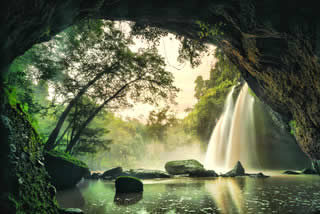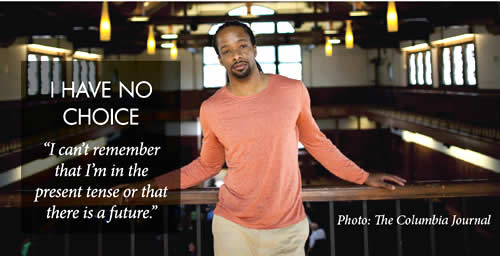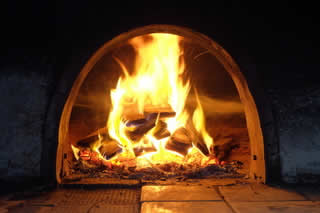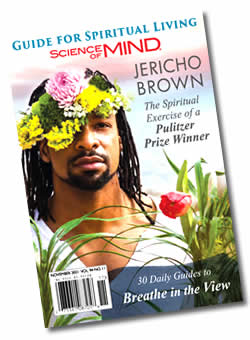 |
|
||
 |
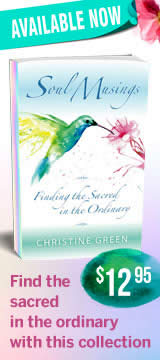 ...more |
 |
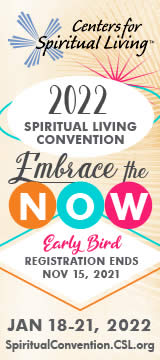 ...more |
 |
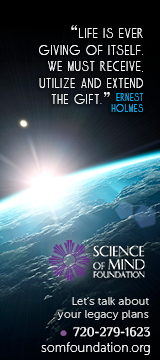 ...more |
 |
The Breath of God
By Ernest HolmesWe all know what happens to an automobile when the battery fails — the lights dim, the motor no longer turns over. And so we recharge the battery. Just what is this energy with which we recharge the battery? Where did it come from? Who made it? Where do we go to get it? What is it anyway? The first thing we learn about energy is that it is birthless, deathless and changeless — everything is filled with it. But someone will say, “We get energy out of the waterfall, the windmill, oil, coal, wood.” Even so, but we do not put the energy in any of these mediums. We take it out — nature has already stored it in there. Perhaps the waterfall is one of the best examples — when we set up a generator beside a waterfall, we are drawing out a natural energy that continually replenishes itself, descending, as it were, from the mountaintops of life. Now there is another kind of energy in the universe — a power all around us which we breathe, in which we live and move and have our being — a power for good which is available to everyone. Jesus told us that at the center of our being is the breath of God; but because each and every one of us has individual will and the power of choice, we can in our ignorance misinterpret this truth and assume that its origin has no deeper root than our own personal ego. Here lies the source of most of our suffering and misery, whether physical, mental or emotional. The ego, as it were, is a stone before the sepulcher of the Christ spirit within us, waiting to be rolled back that we might arise to our full power and glory. — Daily Guide for October 22, 2021, reprinted from Science of Mind magazine, October 1952 |
||||||||||
Creating the Gorgeous and Enduring Thing
Many poets describe writing a poem as if there were an urge, a demand for their attention, brought from beyond. Some feel they are but scribes, compelled by an unseen force to capture the words, the moment in time, before it escapes their grasp. That is not to suggest the process is easy or that it is comfortable or that it doesn’t suffer the poet's life. Poet Jericho Brown says that when he is writing, “I can't remember that I'm in the present tense or that there is a future. “The hardest part isn’t writing the poem,” he adds. “We have no choice but to experience joy in that moment. The difficulty of the poet life is how to look forward to the next poem — how to know that another one is indeed on the way.” If, as Brown says, “our greatest strength is indeed our sense of community,” then how do we keep our communities safe? “Through finding one another,” he asks, “don't we end up back at ourselves, back at our work? And isn't that the work of singing and of praising?” — Excerpted from “The Spiritual Exercise of the Poet,” published in the November 2021 issue of Science of Mind magazine |
||||||||||
Celebrate All Hallow’s EveTwo thousand years ago, the Celts in Ireland, the United Kingdom and part of France celebrated their new year on November 1. On October 31, they honored the festival of Samhain — the day that marked the end of summer, the end of the harvest and the beginning of winter. The Celts believed on this night before the new year, the boundary between the worlds of the living and the dead blurred. Otherworldly spirits returning to earth caused trouble and damaged crops, but on this day, they also believed it was easier for priests to predict the future. These prophecies offered comfort during the long winter months. To commemorate the event, the Druid priests built huge sacred bonfires for the annual celebration. And when the celebration was done, the Celts returned home and re-lit their heart fires from the sacred bonfire, ensuring their protection during the coming winter. This year on Halloween, in addition to costumes and decorations and candy, perhaps we can each take a moment to relight our hearth fires in honor of All Hallow’s Eve. |
||||||||||
|
||||||||||
|
||||||||||
| ||||||||||
 |
 ...more |
 |
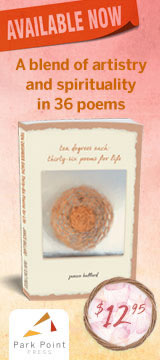 ...more |
 |
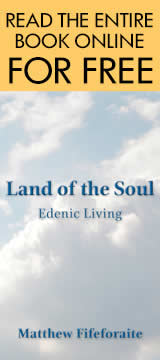 ...more |

